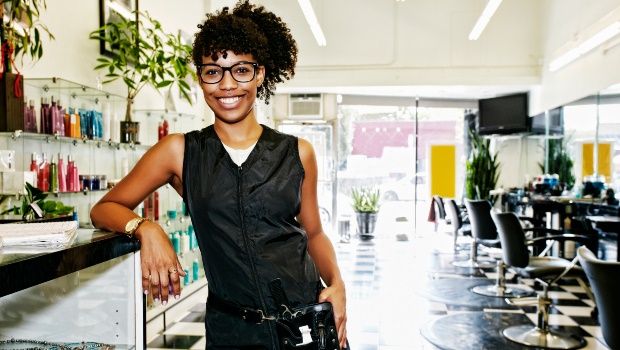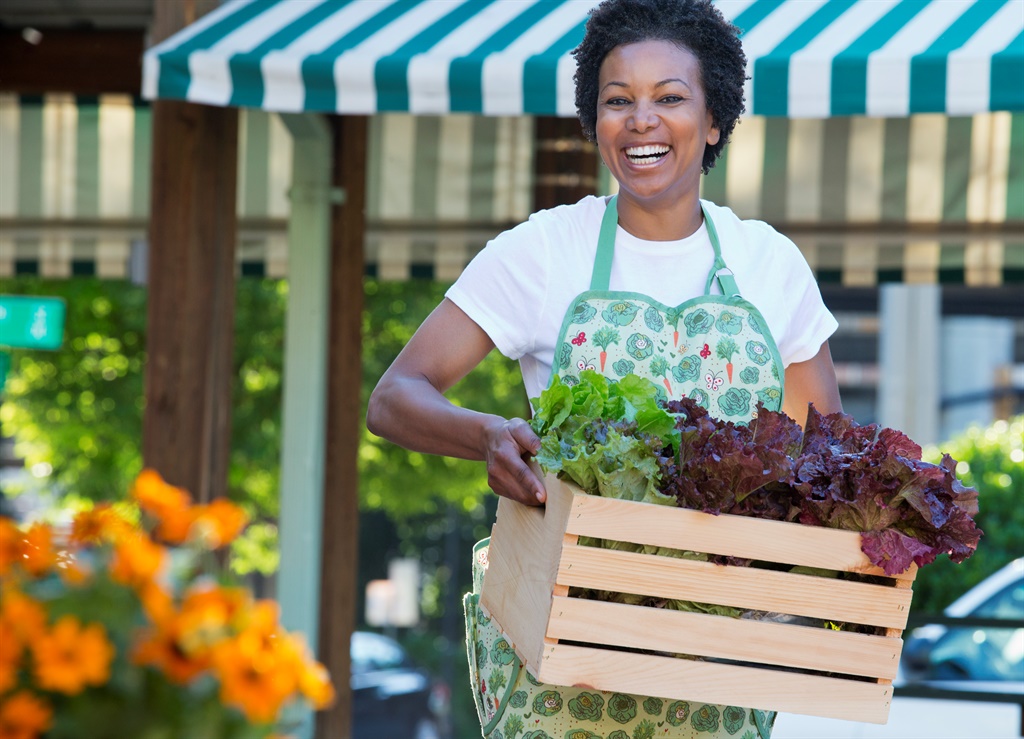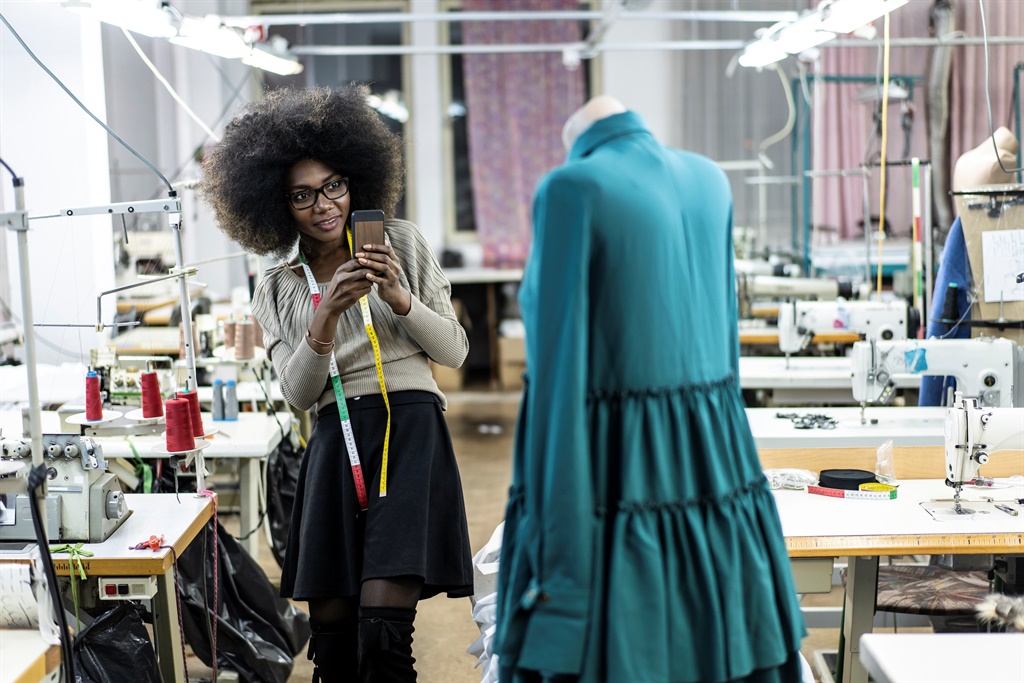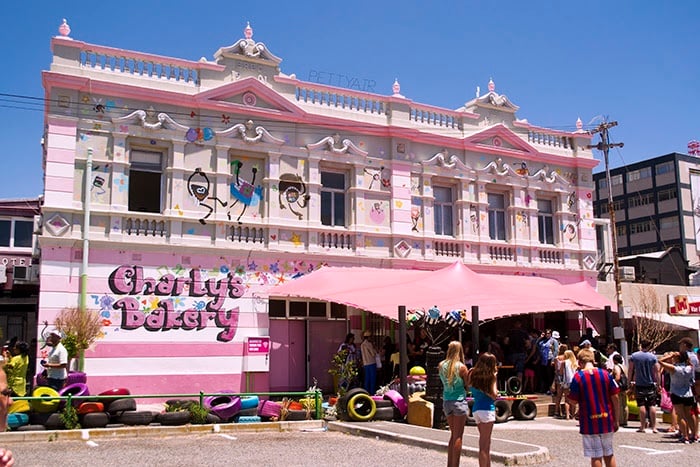
When President Cyril Ramaphosa addressed the nation about two weeks ago, updating the country on the way forward into Level 4 lockdown, there was an outcry over the lack of support provided for freelancers and creatives.
In a Fin24 article poignantly headlined The freelancers and commission earners who fell through the cracks, it's detailed how film and media production freelancers (for example), "do not qualify to claim under the Unemployment Insurance Fund’s (UIF) Covid-19 Temporary Employer-Employee Relief Scheme."
What this means is that these professionals "cannot seek relief under the numerous schemes that have been set up for small and medium enterprises (SMEs), the tourism relief fund or assistance that is given to informal traders. Nor can they even qualify for the temporary Covid-19 unemployment grant or borrow from employers since they do not have permanent jobs."
The article further revealed that "the Department of Sport, Arts and Culture set aside R150 million for a relief fund that would help athletes as well as production teams and freelancers in cultural and creative industries, if they had scheduled events that had to be cancelled. Freelance workers had to submit proof before 6 April showing that they were contracted to companies that had to cancel events."
"There will, however, be no relief for projects that have been postponed," it added.
In light of this, it's worth recognising the efforts of various brands who are ensuring artists and freelance workers that make up South Africa's gig economy, continue to get booked during lockdown.
READ MORE: 7 ways to build your brand while in lockdown
If you're active on Instagram, you should be familiar with the popcorning of virtual live concerts that have kept music enthusiasts entertained behind their screens. One such recent example was the #PasstheBeat virtual music festival hosted by Barcadi. This alcohol brand partnered with artists in South Africa, the Philippines and India for a first-of-its-kind virtual music experience, passing the beat from country to country to keep fans moving and connected during lockdown.
This experience also included energetic supporters Bontle Modiselle and Sne Mbathe, dancer-choreographers who gave life to the #DoWhatMovesYou hashtag during the event.
This is particularly worth mentioning because dancers form part of a group of entertainers whose skills are difficult to monetise during a pandemic, but are lesser spoken of and considered not as urgently deserving of aid from the likes of the Department of Sport, Arts and Culture, which purports to be a government structure they can rely on.
Beyond entertainers, the other parties affected by this lockdown include your nail tech, your hairdresser, the specialist who does your brows, your helper, your seamstress, the woman you buy your fresh produce from around the corner from your office, and makeup artists... among others.
Images: Getty
In fact, you might also be one of these women. W24 ran a poll not too long before the country went into lockdown, posing the following question; "In what way has the recent coronavirus outbreak inconvenienced/concerned you the most?"
The poll amassed over 900 participants. While the majority of these participants felt slighted in terms of travelling abroad and stockpiling groceries, a fair amount of people had work-related concerns. 152 respondents indicated that they take public transport to work, and have no option but to keep going to work, while 72 others were freelance creatives (DJ, photographer, MUA, music artist, stylist), whose income is dependent on actually seeing people in person.
The food and hospitality industry is also in hot water financially due to Covid-19. Speaking to Fin24, Natasha Sideris, founder of trendy dining hotspot Tashas, said the pandemic "…is just the nail in the coffin for the restaurant industry," pleading for government assistance. Similarly, Cape Town's delectable Charlys Bakery is in need of Covid relief. The women-run bakery - owned by Jacqui and her two daughters Alex and Dani - issued a plea for help to customers and fans this week, saying "There is no easy way to say this, we're at risk of losing our business. There is a very real possibility that after lockdown, we won't be able to keep our doors open."
The business has now teamed up with JUMPSTARTER to launch their #MuckingAfazing reward-based Crowdfunding campaign.
Image supplied by Charlys Bakery
SAveabusiness is a new initiative that recognises the plight of women who run businesses who may find themselves in similar situations. This is a fast turnaround and transparent business relief fund, paying grants to hard hit township-based and women-owned businesses due to the Covid-19 pandemic.
Every week, SAveabusiness will upload 5 - 10 small businesses to its web-based platform. The organisation fundraises aggressively for these businesses; raising capital from foundations, trusts, businesses and individuals alike.
They have already partnered with various artists to assist in raising funds for women-owned small businesses in dire need of help during the pandemic.
"We allocate R20 000 to each business to ensure we can assist as many as possible. We have partnered with Black Coffee who helped us raise R167 000 as well as Laduma Ngxokolo (Maxhosa) and Nelson Makoma who raised R670 000," S'innamon, the PR agency (co-owned by two women) assisting this initiative, revealed.
The NPO declares that "with so much uncertainty and lack of clarity on existing relief options", they look to the public to "swiftly and meaningfully take action and give small business a fighting chance during the pandemic."
How SAvaebusiness works
According to their site, the raised funds will be purposed to avoid layoffs; non-payment of workers and expenses that would impede continuation when South Africa returns to business as usual.
The NPO believes that this is an essential initiative that will mitigate the rise in unemployment and the further destabilization of our economy. Donations over R1000 can choose to receive a tax exemption certificate as the initiative operates with NGO status.
The public has two options: (1) Donate directly to the listed business of your choice or (2) Donate to the SAveabusiness COVID-19 Relief Fund to be evenly distributed at the end of each phase.
Small business owners can apply here to get listed on the platform, and if you would like to make a donation to Project #SaveABusiness, you may do so here.
Are you a freelancer or small business owner? Tell us how you've managed to stay afloat during lockdown here.
Additional information provided by S'innamon PR & Communications, and Bonfire Media on behalf of Barcadi
Follow us on social media: Facebook, Twitter, Instagram
Sign up to W24’s newsletters so you don't miss out on any of our hot stories and giveaways.




 Publications
Publications
 Partners
Partners


















